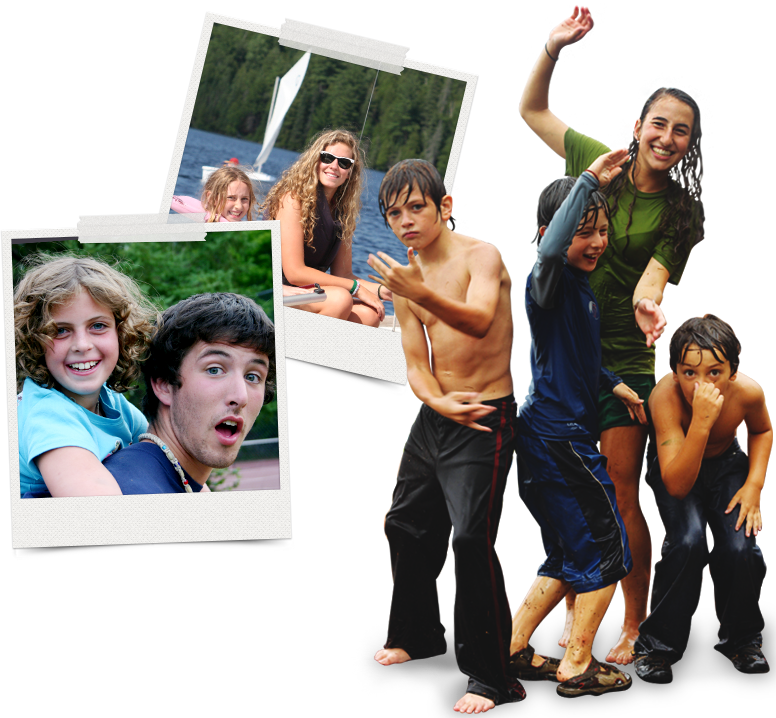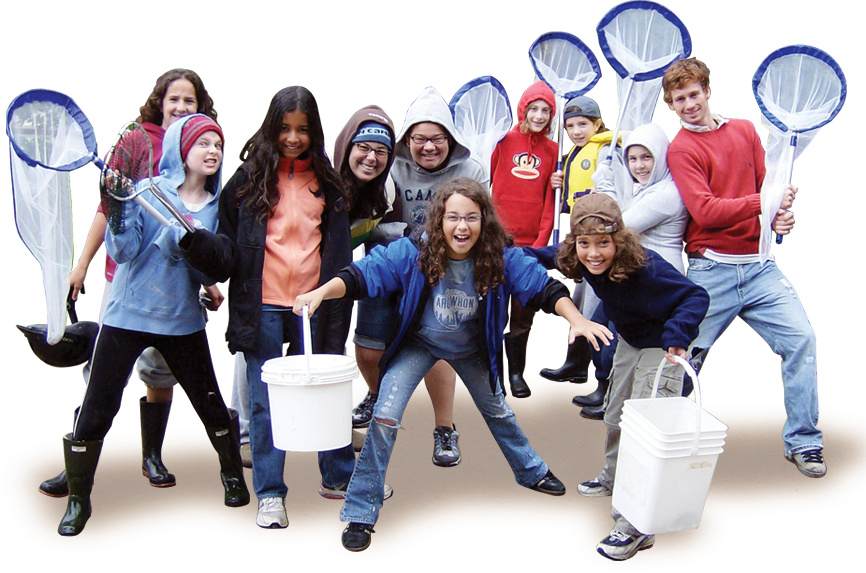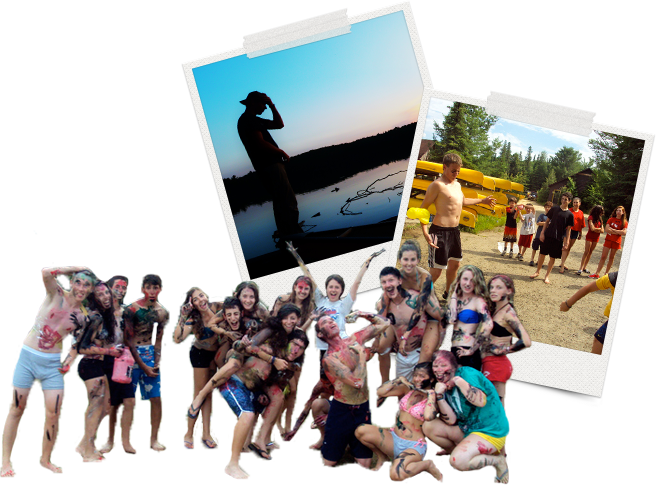Arowhon
Camper headquarters
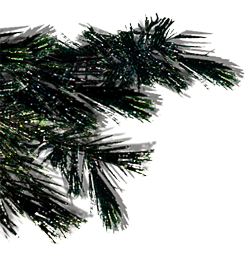
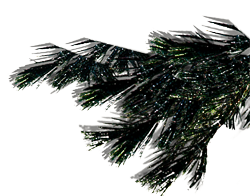
Check them out here
We know you can't wait to find out what staff will be doing what this summer. We'll keep you up to date as we hire new staff. Keep checking back for updates.
Camper & Staff
Address book
Stay in touch
We know you want to stay in touch with camp friends throughout the year so we've compiled an address book with mailing addresses, email addresses and phone numbers of each camper who was at camp this past summer.
Camp
Slideshow
Want to see all the fun that happened this July and August?
Here are the slideshows for you to smile along with.
First Sesssion 2023
Second Session 2023
Camper
FAQ
-
If I get homesick what will my counsellors do to make it better?
Your counsellors will stay with you and cheer you up. If it’s at night they’ll sit on your bed and comfort you till you fall asleep. If it’s during the day, they’ll hang out with you and help you make a new friend, and take you to fun activity and help you focus on that. Before you know it you’ll be having so much fun you’ll barely remember you were homesick.
-
Do I have to go swimming? How do you place me in a swim class?
Every camper has to do swim class every two days – it’s an important skill! We teach Red Cross swim levels and kids are placed in a swim class by the skills in these levels.
-
Do you have “nice” counsellors and do they live in the cabin?
They’re super nice! They love being camp counsellors and hanging out with kids… and they live right in the cabin with the kids.
-
How many campers and counsellors are in a cabin? Can I be with my friends?
There are usually 10 campers and two or three counsellors in a cabin. If you request to be with your friends, we will do our best to make that happen.
-
How long are the canoe trips? Do I have to go?
We’re lucky to be in the heart of the Algonquin Park wilderness and canoe trips leave right from our dock!
All Arowhon campers go on canoe trips – click HERE to find out why. All of our trips are led by specialty-trained and certified Canoe Trippers, and assisted by counsellors who know the campers on the trip. Trip groups are made of campers of similar ages and friends with each other, although not by cabin as Algonquin Park only allows 9 people per campsite.
2 week Juniors and Jinters do a one-night adventure.
4 week Juniors and Jinters do a 3-day trip.
4 week Sinters do a 4 day trip, and 2 week Sinters might or might not go depending on when the rest of their cabin is scheduled to go.
Seniors do a 5 or 6 day depending on their age.
Sinters and Seniors who are staying a month or more can opt for longer or white water trips.
-
I love to ride horses. Can I ride three times every day?
Maybe not three times, but everyone gets to do their favourite activities every day if they want.


Becoming a
Leader for life
Our LIT (Leader-in-Training) program is a 1 or 2 month leadership training course for 16-year olds. We are listed as an independent private school on the Ministry of Education’s website and have the authority to grant grade 11 credits toward the Ontario Secondary School Diploma.
To apply for the LIT program, fill out a regular camper application HERE and select one of the LIT sessions
Leadership Philosophy & Styles
Through hands-on activities and observation of leaders in camp, LIT’s learn different leadership styles. They have a chance to try the skills and receive feedback on their leadership.
Counselling Techniques
We teach LIT’s sophisticated behaviour management skills to support campers in challenging situations including: conflict resolution, homesickness, and bullying. We coach LIT’s on how to create meaningful connections with campers, find out what is driving misbehaviour, and inspire children to contribute to their communities.
Teaching Techniques
LIT’s learn to be effective instructors of outdoor activity skills. They are taught to manage large groups of children, teach lessons to diverse ages and levels, make learning fun, give specific feedback, and inspire a love of learning in children.
Child Development
LIT’s learn age group characteristics and counselling techniques for each age group. They learn about gender issues and their affect on counselling techniques for boys and girls. They are also taught about working with children with various special needs ranging from autism spectrum disorders to ADD/ADHD.
Group Process and Conflict Mediation
Living and learning in the LIT group brings with it much learning about how groups develop and the roles required within a group to achieve goals. LIT’s are taught self-awareness and conflict mediation skills that are invaluable to teens as they enter other groups themselves, and as they help younger campers navigate their social environments.
Program Planning
With staff support and guidance, LIT’s learn to plan and execute programs for large camper groups. From this they learn organizational skills, time management, personal initiative, delegation and accountability.
Placements
Every LIT completes placements in the camp community where they put into practice the skills they have learned in the program. One placement is at an activity area and one is in a camper cabin. LIT’s receive feedback and evaluations by the supervising staff members on their performance at each placement.
Canoe Trip
Each LIT participates in a 6-day experiential canoe trip in small groups. They plan and organize this trip from the beginning and lead it themselves with the supervision and support of skilled LIT trip leaders that debrief the learning opportunities and evaluate the LIT’s on their performance and growth.
Bronze Cross Certification
8 week LIT’s who have already completed their Bronze Medallion have the option to take part in a Bronze Cross course at camp free of charge. This is a lifesaving qualification required for all counsellors.
Ontario Secondary School Credit
Participants have the option of achieving a Grade 11 course credit in Healthy Living and Outdoor Activities. The course code is PAD3O and is worth 1 full credit (110 hours).

